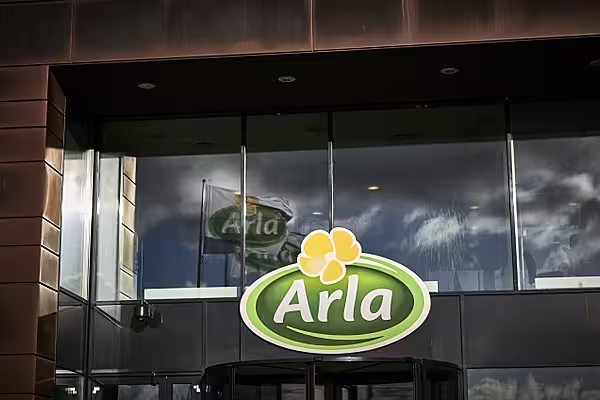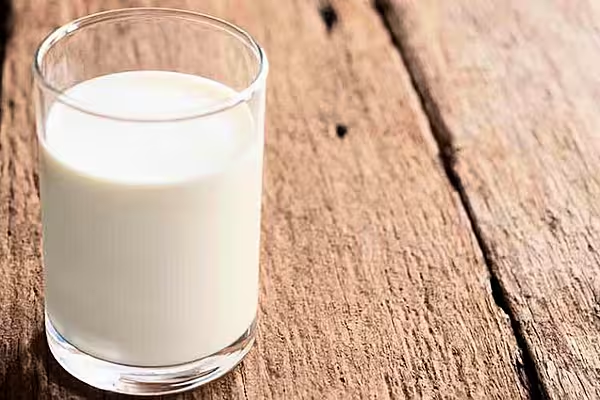Nearly three-quarters of consumers are open to buying wonky fruit and vegetables, according to a survey by predictive-analytics firm Blue Yonder.
It also found that 90% of grocery retailers felt that customers would buy imperfectly shaped produce if a discount were made available as an incentive.
The survey, which polled 2,000 consumers in the UK, the US, France and Germany, found that 81% of those purchasing from bricks-and-mortar stores would buy this kind of produce, but that the number dropped to 52% when shopping online.
In the US, only 36% of shoppers would consider buying ugly fruit or vegetables.
Discount Required
Nine out of ten respondents needed a discount to encourage such purchases, with 60% saying that they would need a discount of at least 20%. Twenty-two percent (22%) said that they would need at least a half-off discount.
French citizens were the most likely to purchase irregular produce, with more than 90% saying that they would consider it in store, compared to 85% in Germany, 80% in the UK, and 66% in the US.
This makes sense, as France has been leading the way in the campaign against food waste, banning disposal of food waste at its supermarkets in 2015.
Age Before Beauty?
There was an also an age gap between those who would and those who wouldn't buy 'ugly' produce.
Forty-one percent (41%) of 25- to 34-year-olds said that they already buy wonky fruit and veg. However, older generations (55+) were, by far, the least likely to buy imperfect produce, with a whopping 42% saying that they wouldn't even consider it.
Men were also more opposed to buying such products than women, in supermarkets and in discounters (21% vs 17%).
Matt Hopkins, retail-industry director at Blue Yonder, said, “Discounting imperfect produce helps overcome the waste problem in the supply chain. However, for it to have a real impact on waste reduction, retailers need to understand what demand will be for products, wonky or not, to accurately stock the right amount of ‘imperfect’ versus ‘perfect’ fruit and vegetables.
"It would be pointless to reduce waste in the supply chain only to see retailers having to throw it away from the supermarket/distribution centre's shelves."
Retailers such as Tesco and Spain's Eroski have launched campaigns to attract customers to buy imperfect fruit and vegetables in store.
© 2017 European Supermarket Magazine – your source for the latest retail news. Article by Karen Henderson. To subscribe to ESM: The European Supermarket Magazine, click here.














